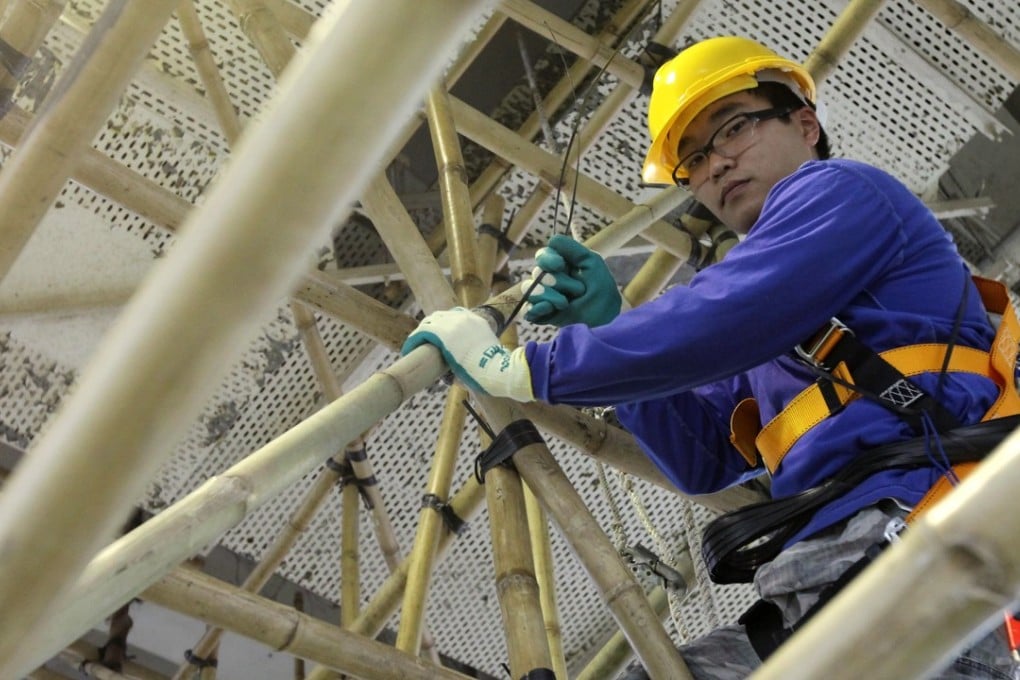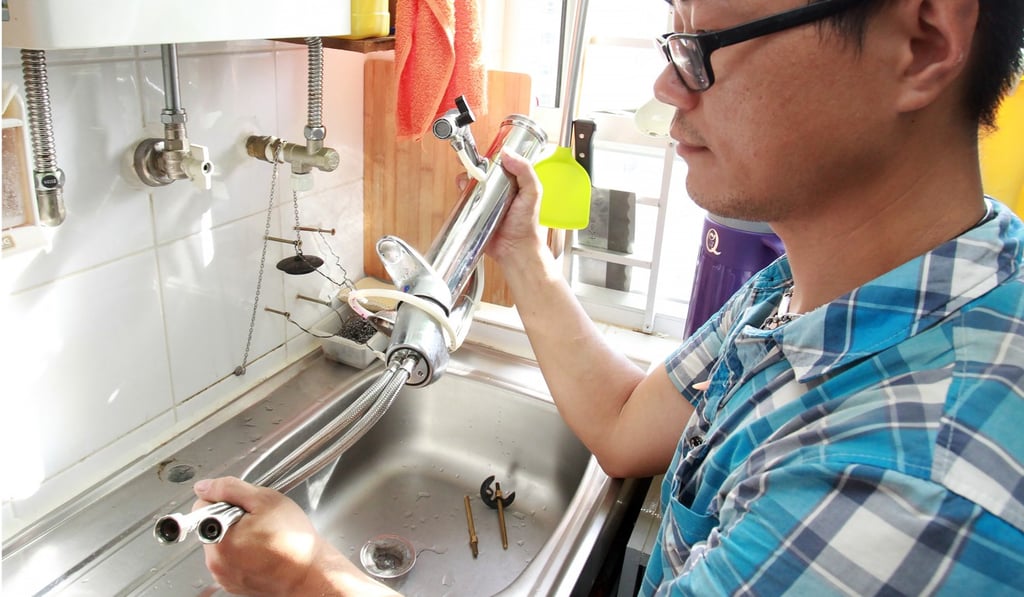Opinion | Get a degree or become a plumber: which is really better for our youth, and Hong Kong?
Peter Kammerer says Hong Kong is paying the price for overvaluing university degrees and undervaluing vocational training, especially as electricians, plumbers, carpenters and the like are making better-than-average salaries

But there’s more than a 1,000-year-old saying at play. “Lowly” jobs also happen to be ones that involve getting hands dirty, often in environments that don’t have air conditioning. That is at odds with the claim that Hongkongers are hard workers. It also means that if we’re no longer prepared to put up with sweat and dirt, we’ve become soft, pampered and, dare I say, lazy.
Paradoxically, many of those sniffed-at jobs happen to be the better-paid ones in our city. Try this out with your Hong Kong colleague or friend: how much do you think a plumber earns? The answer will most likely be a little above the minimum wage. At present, that is HK$34.50 an hour or HK$310.50 for a nine-hour day. But, proving how wrong perceptions can be, as of March, government figures showed that the average daily wage for the trade was HK$1,442.10.

Pick any blue-collar job and you’ll get similarly surprising numbers, whether for an electrician, carpenter, concreter, bricklayer, gas fitter, or even a bamboo scaffolder. Workplace dangers obviously factor into the salary of a number of these, especially if it involves working on high-rise construction sites.
